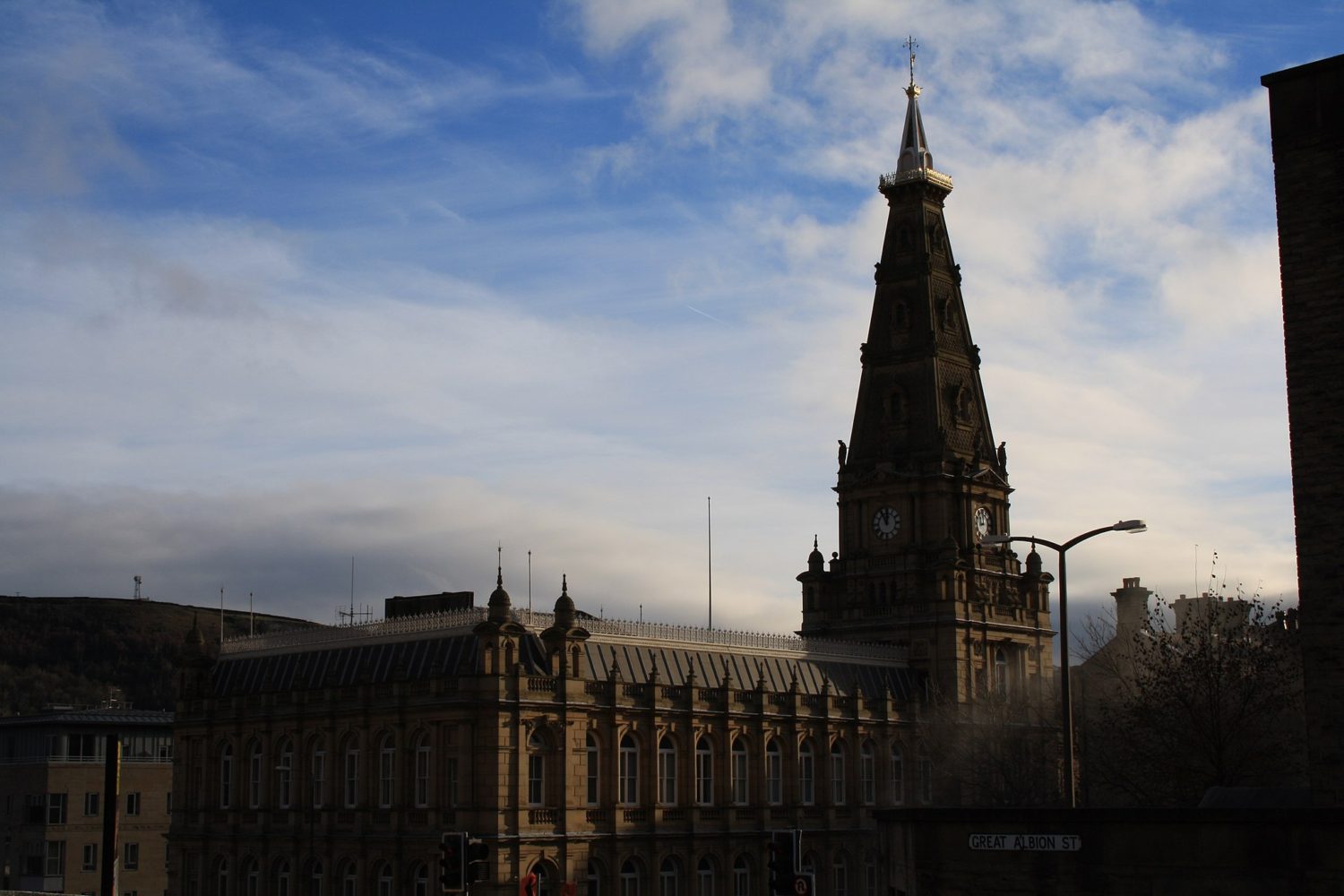Close to home
TIFFANY HOLLOMAN: Local socialism is resurgent in the north of England. This time, it's here to stay
In 1985, John Gyford – a Labour activist, academic, and Fabian – identified a new movement emerging in Britain’s local authorities. He called it ‘local socialism,’ and it was, he said, already being actioned on the ground in reaction to the Thatcher administration. He defined it as:
“A concern for issues hitherto absent from or marginal to conventional local government, such as local economic planning, monitoring the police, women’s rights, and racial equality; a disdain for many of the traditional ways of conducting local authority business; a view of local government as an arena both for combating the policies of a Conservative government and for displaying by example the potential of grassroots socialism; and perhaps, most fundamentally, a commitment to notions of mass politics based upon strategies of decentralisation and/or political mobilisation at the local level.”
The most well-known example today is the Greater London Council, which from 1981 until its abolition was controlled by left wingers including Ken Livingstone and John McDonnell; but Gyford situated these radical figures in the context of a broader red wave sweeping town halls across the country. In Sheffield, David Blunkett’s administration supported the National Union of Mineworkers during their 1984-5 strike and designated the city a nuclear free zone; in Liverpool, the council’s most prominent representative was Derek Hatton, its Trotskyist deputy leader.
From the mid to late 1980s, however, the momentum behind local socialism contracted as enthusiastic activists were constrained by central policies. In 1984, rate capping was introduced, limiting the ability of councils to raise income; in 1986, the metropolitan county councils, and with them the GLC, were abolished altogether.
Yet forty years after its conceptualisation, local socialism is experiencing a renaissance across the north of England, and especially in West Yorkshire. Its resurgence has been encouraged by the remnants of unresolved issues from the 1980s, now only compounded further, and accompanying feelings of neglect, disrespect, and betrayal. Then, the betrayal was deindustrialisation; now, it’s embodied in the empty promises of Levelling Up, as exemplified by the cancellation of the HS2 Leeds Rail extension and other transport expansions after years of local investment.
In response, amidst broken promises, hardship, and a lack of investment, we have seen a boom in specifically local activism, and disenfranchised groups challenging for representation and power. The voices of African and Caribbean people, together with the LGBTQ+ community, refugee community, gig economy workers, seniors, renters, and disabled people, are demanding to be heard and agitating for change.
Just as in the 1980s, local government has proved to be an important vehicle for the exercise of community power. A Labour victory in this year’s Wakefield by-election was seen as heralding a return to the fold by a historic ‘Red Wall’ seat; but at a local level, Wakefield had already done so more than a year earlier, when Tracey Brabin, the country’s first female metro mayor, won nearly 60% of Wakefield’s second-round votes in the inaugural West Yorkshire mayoral election. Her victory offered an opportunity to local socialists. In 2021, Same Skies Think Tank published our Amplifying West Yorkshire manifesto, for which more than 300 residents contributed their time and expertise to propose future mayoral priorities for the region of West Yorkshire. In total, the authors drafted 18 resolutions, covering issues ranging from the benefits of citizen-led financial hubs to the detrimental impact of the police, crime, sentencing and courts bill as analysed by the Racial Justice Network. The members involved represented the diversity in the region: artists, activists, city planners, doctors, teachers, students and more, all worked together, crafting a synergic appeal to mayor Brabin and other local leaders to work together for a stronger West Yorkshire.
Grassroots projects like Amplifying West Yorkshire highlight some of the advantages of the metro mayor system. Mayors like Brabin can work closely with the electorate, allowing for effective and efficient communication lines to investigate and resolve local issues, and enabling them to stay in touch with the unique needs and demands of their constituents. Local government is, consequently, one of the most useful instruments for local socialists looking to effect change.
But politicians — even local ones — are constrained. The installation of metro mayors, by design, did not lead to the complete reversal of late-20th-century centralisation. Whilst metro mayors do wield power over certain aspects of regional transport, land development and policing, they lack full autonomy to manage their regions. While the municipal socialists of the 1980s showed that, even when chafing under such regulation from Westminster, ambitious local authorities can make a real difference, the people of West Yorkshire, not content to rely on what power central government has given to their elected representatives, are taking local socialism in an entirely new direction — one that doesn’t rely on government of any kind.
Take, for example, the burgeoning community led housing movement. As documented in a recent Same Skies short film, the spirit of the groundbreaking Frontline Self Build scheme — which saw 12 unemployed Afro-Caribbean men and their families build new homes for themselves in late-1990s Leeds — is experiencing a resurgence in present day West Yorkshire. Most notably, from 2006-2013, LILAC, the UK’s first fully mutual home ownership society, designed and built 20 eco-homes in Bramley, Leeds. By forming a cooperative, they were able to raise capital and procure both a builder and an architect, playing the role usually taken by a property developer or council.
Only a few years after he described it, Gyford’s local socialism had withered and died. But the new local socialism of West Yorkshire is more resilient. Unlike the radicals of the 1980s, our movement isn’t solely reliant on local government, and so isn’t as vulnerable to Westminster power grabs: a council can be abolished, but it’s much harder to disband a community. And, perhaps most importantly, the West Yorkshire model is intersectional, incorporating the experiences and knowledge of a wide variety of people occupying different positions in society. In Bradford, Leeds, Wakefield, and beyond, groups who advocate for fairer policing, healthier living environments, better quality education, and elevated levels of wellbeing for all are finding strength in the collective wisdom of their neighbours. This approach guards against the division and parochialism that has so often undermined regional solidarity in the past. Whatever happens at the next general election, rest assured: we local socialists are here to stay.
Image credit: Halifax Town Hall by Michael P Brunt, CC BY-SA 2.0 via Wikimedia Commons
Image credit: Linda Spashett, CC BY 3.0 via Wikimedia Commons

